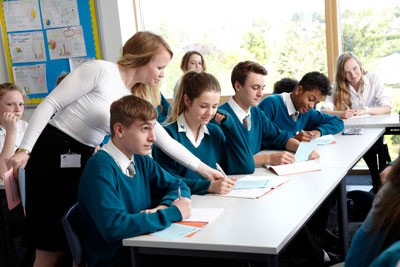By Gavin Mackintosh-
A third of teachers are not confident in delivering remote lessons, according to a YouGov survey conducted by Ofsted.
An estimated 48 % of teachers said they were quite confident conducting remote lessons, with 17% per cent classing themselves as very confident of remote lessons.
Academic leaders frequently made reference to the workload burden that remote learning has placed upon teachers, this mainly blamed by the added pressure of providing learning in line with the curriculum for pupils both inside and outside the classroom.
Pupils in the UK were sent home following school closures in January after Boris Johnson announced the UK’s third lockdown. Teachers have been forced to keep pupils learning at home during a lockdown period with no end in sight.
Ofsted, who is supervising the progress made by schools in the UK taking remote learning during the pandemic, noted that teachers were facing a “particularly challenging situation”.
86% of teachers said their work has increased since the implementation of remote education – with 45 % of them saying it had “increased greatly”.
Just 15 % of teachers reported their school had managed to ‘completely’ align their remote education solution to their intended curriculum.
However, 65 % of those spoken to said they had ‘somewhat’ aligned their remote learning with the curriculum, according to YouGov survey data.
Ofsted said shortening the length of lessons to aid pupils’ concentration spans was among the slightly different approaches teachers spoke of using when teaching remotely.
However, the survey found 59 per cent of parents of a pupil with special educational needs said that their child has been disengaged with remote learning.
Schools also raised concerns that learning gaps would be greater for pupils with SEND and the negative social and emotional impact the disruption caused by remote learning “would be more severe for some of these pupils”.
While some special schools have adapted their remote education to support SEND pupils, such as supplying assisted reading technology or arranging video calls with staff pupils have built a strong relationship.

